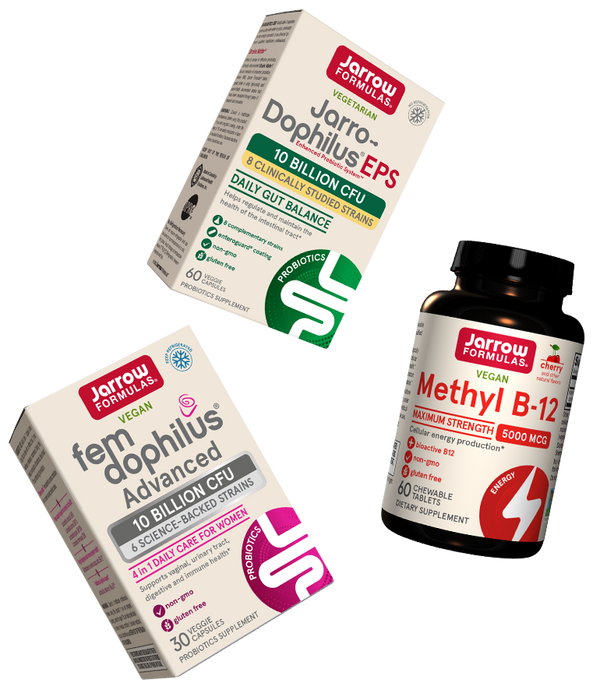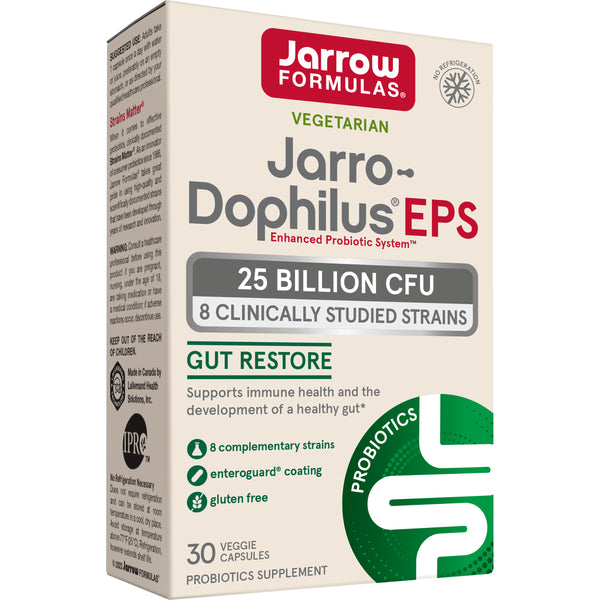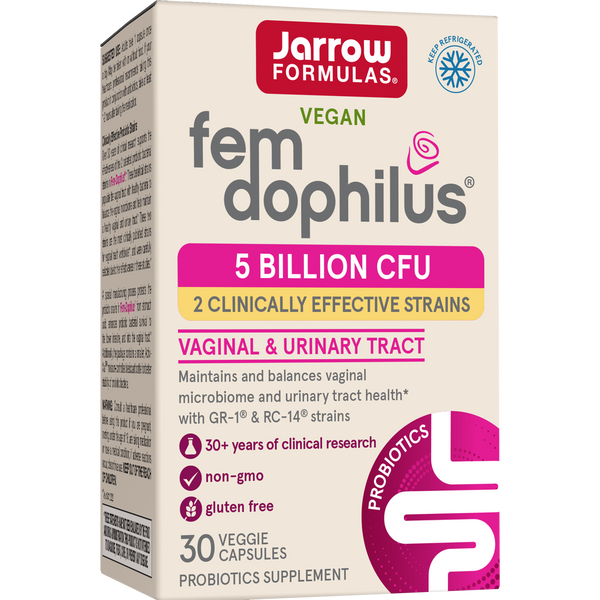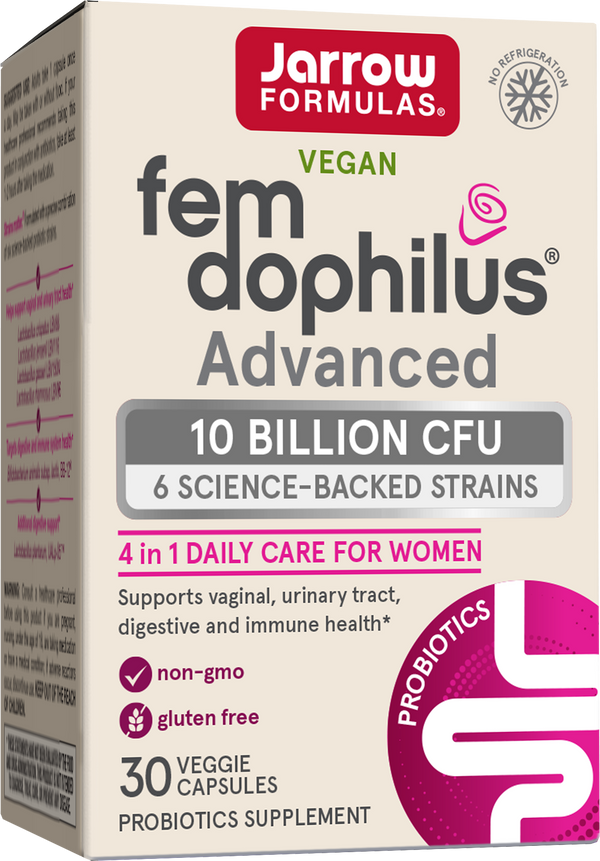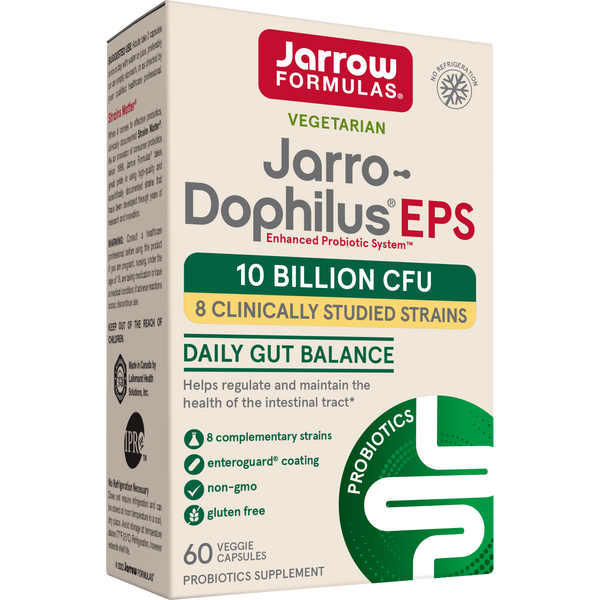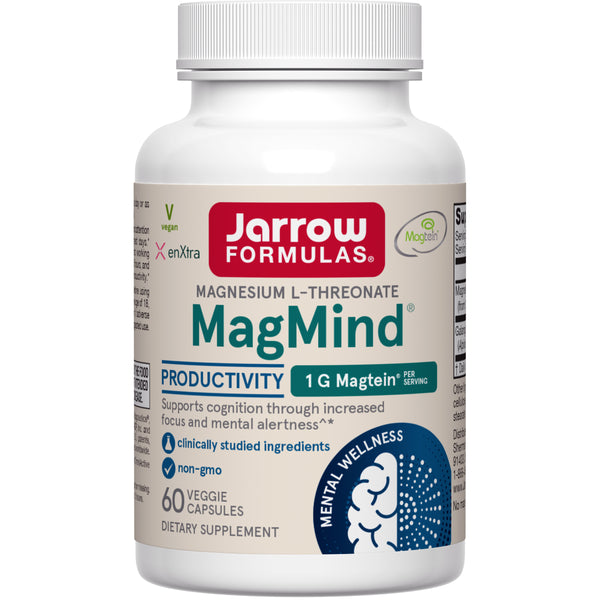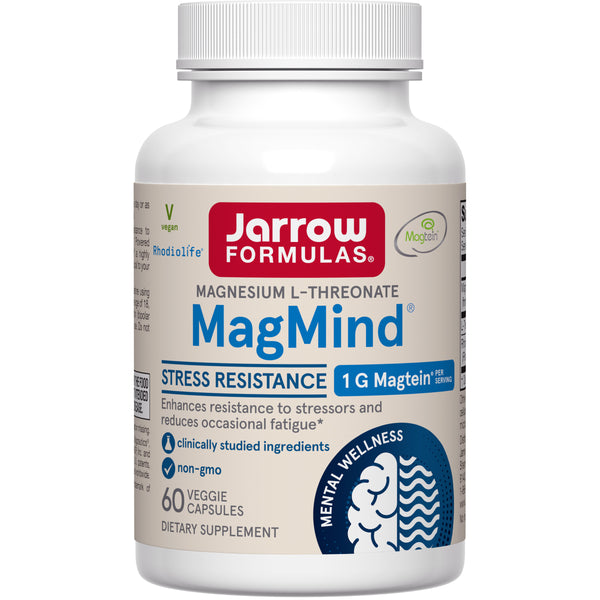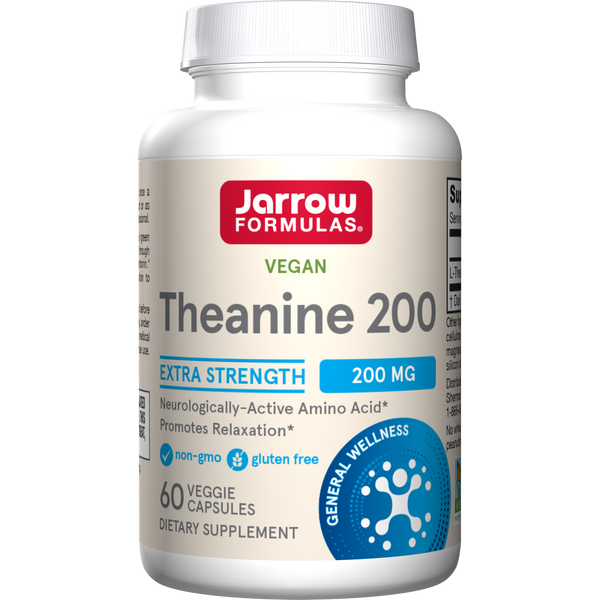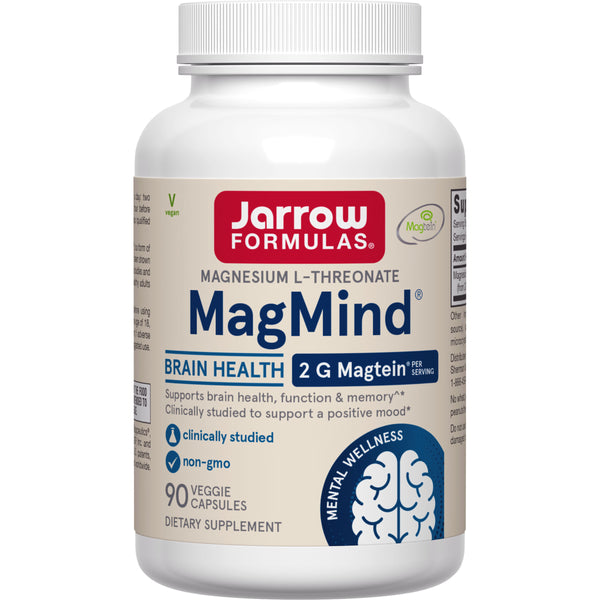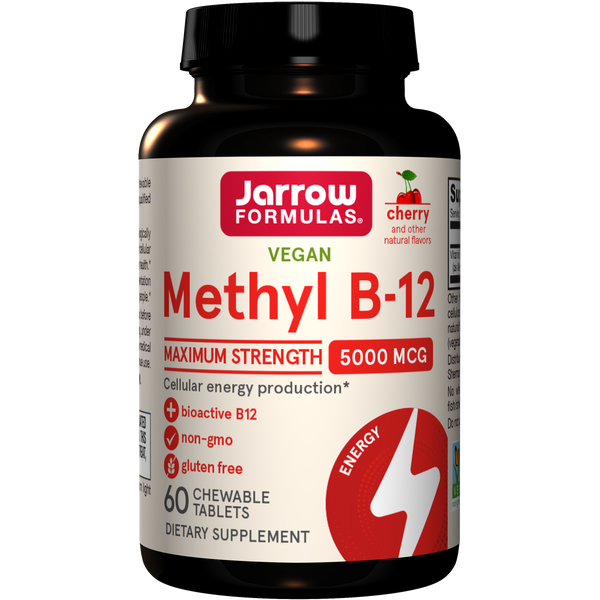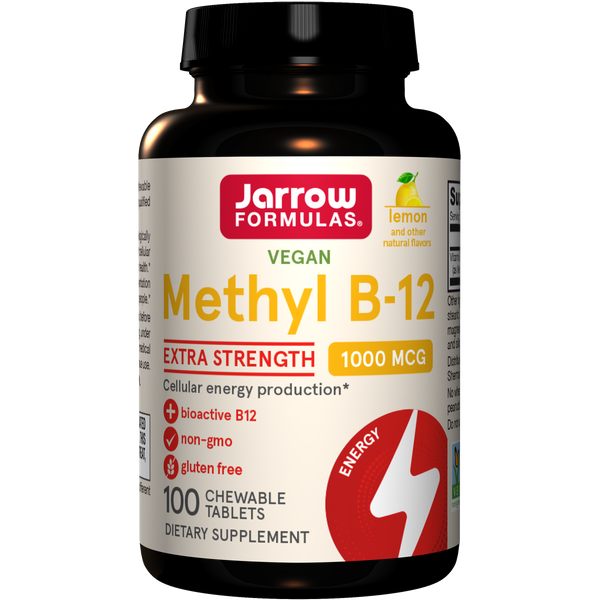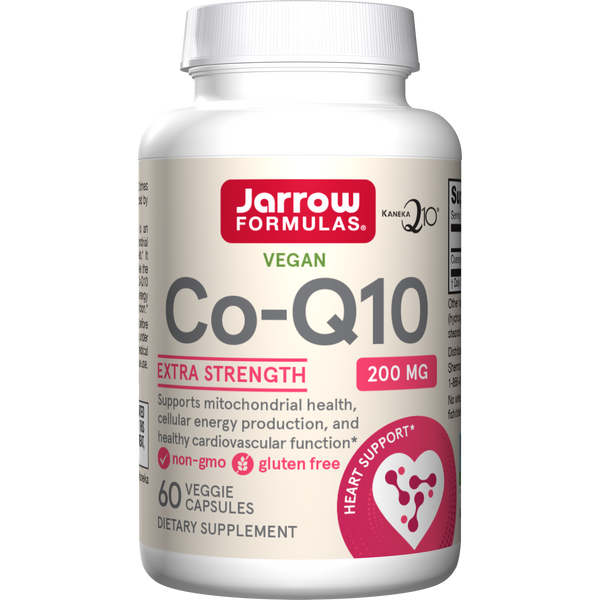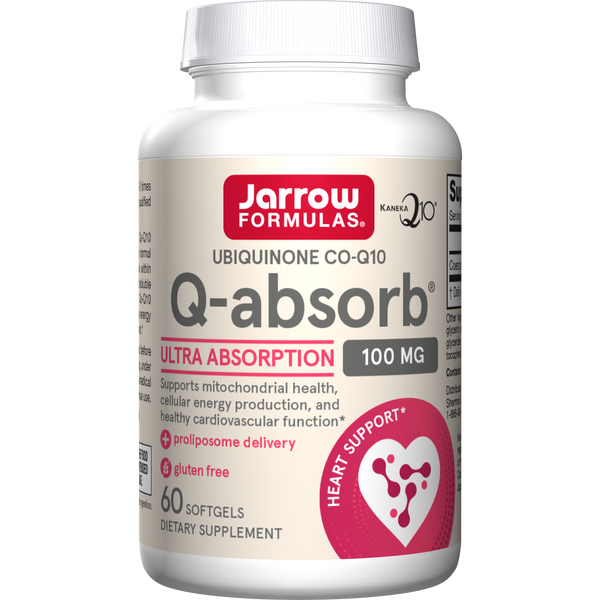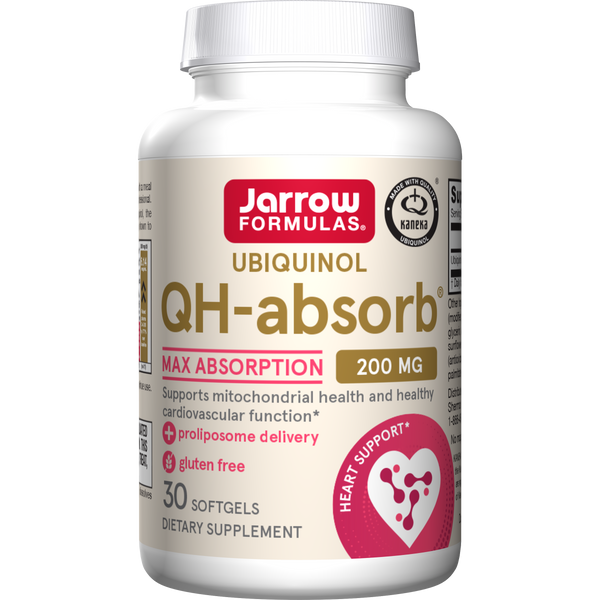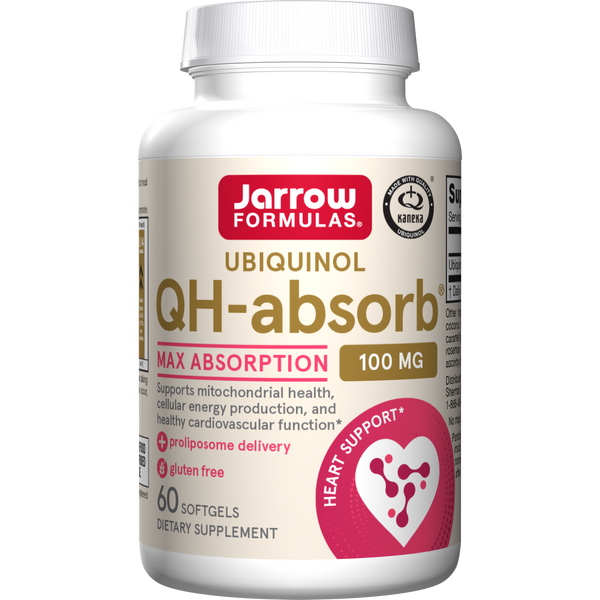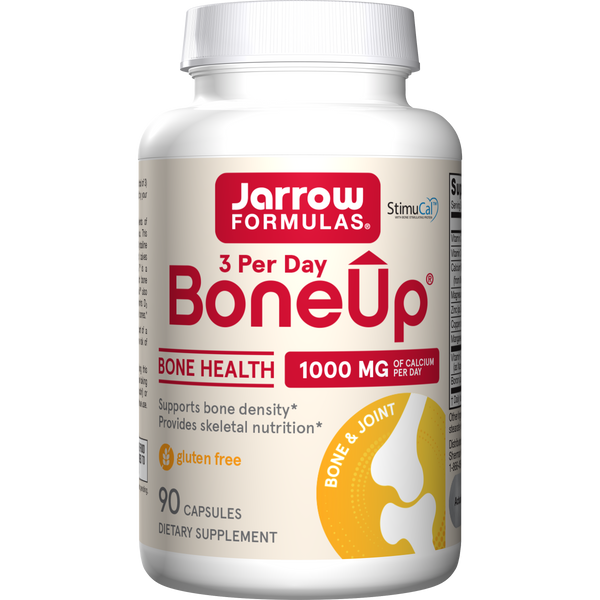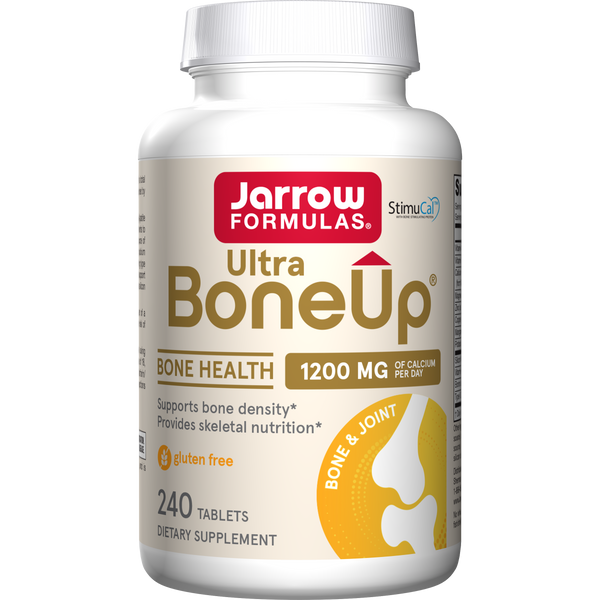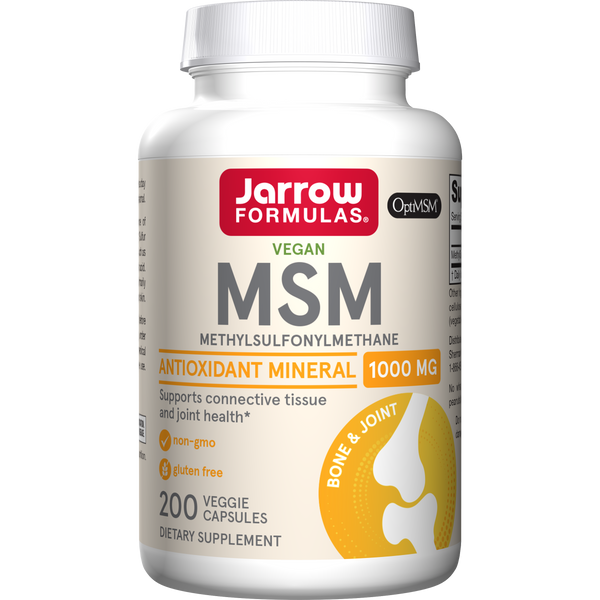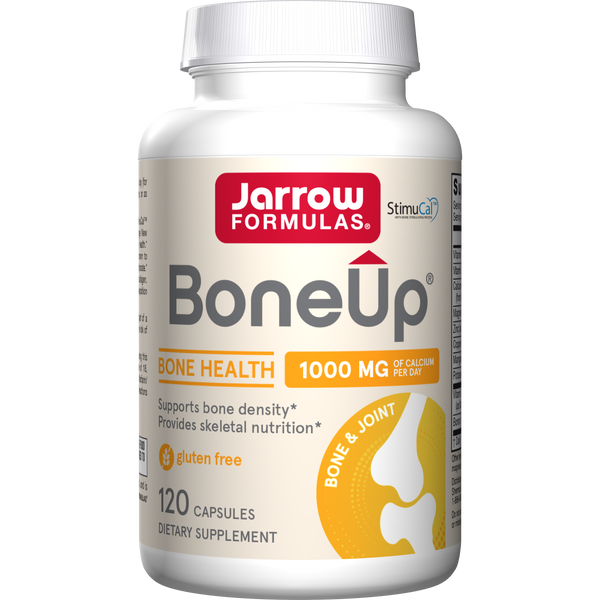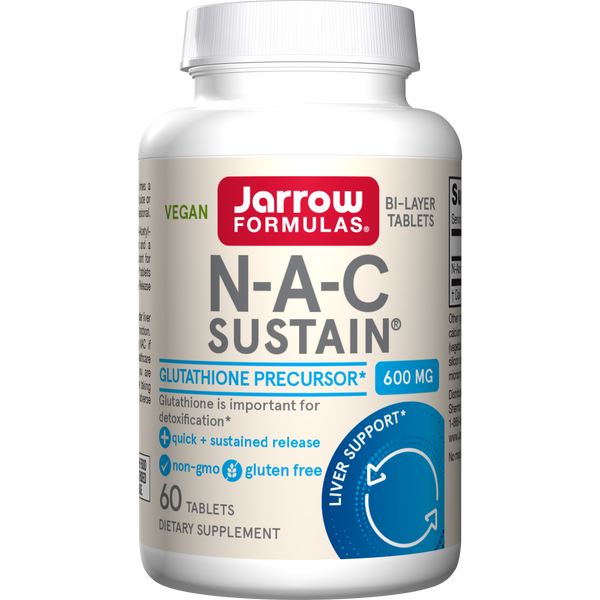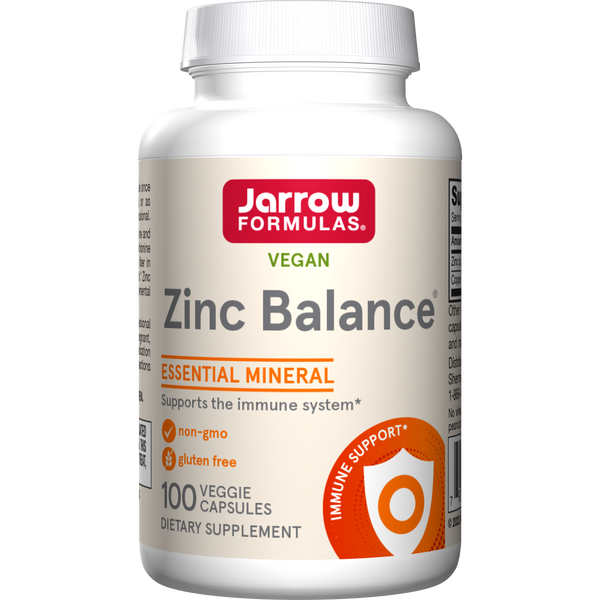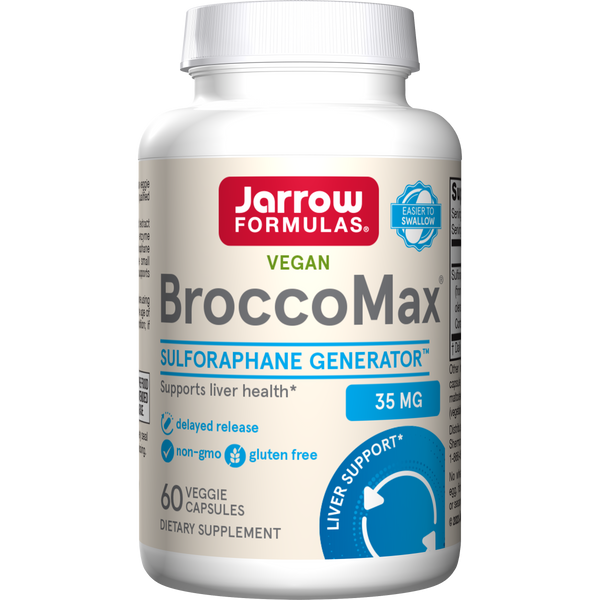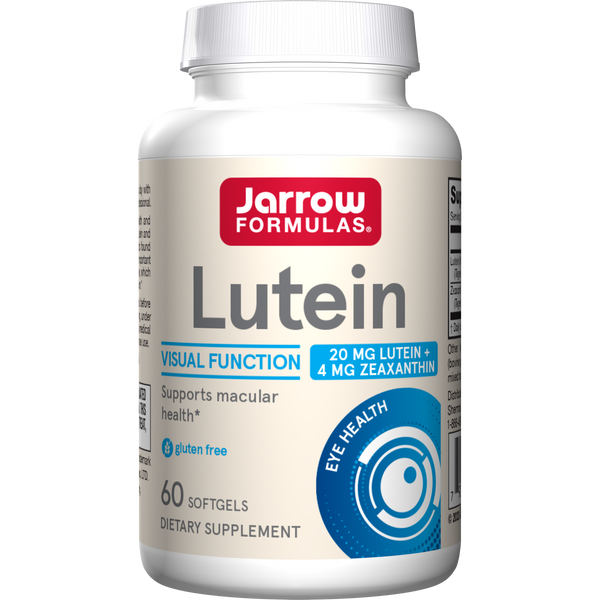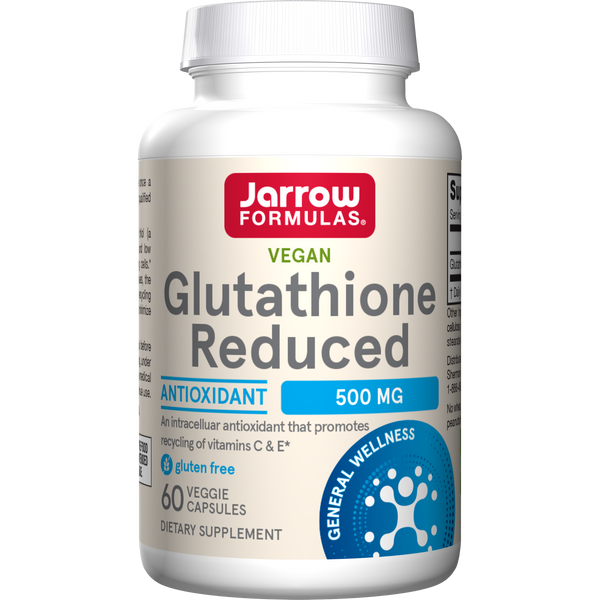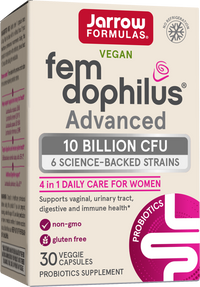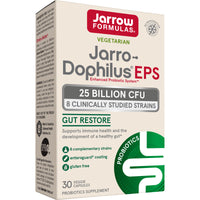Link Between the Gut Microbiota and Colorectal Cancer
by Silvano Arnoldo
The colon contains over 1000 bacterial species and represents 70% of the host’s microorganisms. This complex ecosystem in the gut and the metabolites produced, interact with intestinal cells and immune cells that line the intestinal tract. The gut microbiota is involved in various protective, structural and metabolic functions of the intestinal tract and plays a major role in maintaining gut homeostasis. The involvement of the gut microbiota in colorectal cancer (CRC) is also now becoming increasingly clear. Numerous studies have reported colonic dysbiosis in patients with CRC. Microbes are suspected to be involved in 20% of cancers, especially CRC.
Changes in the gut microbiota induced by such factors as infections, diet, lifestyle and medications can disrupt the microbial ecosystem resulting in dysbiosis and inflammation. Dysbiosis favours the outgrowth of specific bacterial species that potentially have carcinogenic effects, among various other effects. Some bacterial species that are suspected of playing a role in CRC include: Streptococcus bovis, Helicobacter pylori, Bacteroides fragilis, Enterococcus faecalis, Clostridium septicum, and Escherichia coli.
A dysbiotic microbial community with pro-carcinogenic characteristics induce inflammation, alter the composition of the gut microbiota and influence epithelial cell transformation. The mechanisms by which carcinogenesis occurs, can include, the production of bacterial toxic metabolites and other virulent factors, changes in host defenses, increase in oxidative stress and changes in anti-oxidative defenses. Oxidative stress, for example, results in DNA and cell damage, protein fragmentation and cellular membrane dysfunction.
In summary, the role of the microbiota in CRC is increasingly evident and strategies to modulate the microbiota composition represent a new approach towards the prevention and management of CRC. The use of probiotics, can help restore CRC-associated dysbiosis and in principal, help reduce microbiota-induced toxicity, inflammation, and various pro-carcinogenic pathways. Probiotics can assist in maintaining and restoring a normal microbiota via various mechanisms of action such as inhibiting pathogenic organisms, blocking pathogen attachment sites and modulating the immune system.
Source:
Gut microbiota imbalance and colorectal cancer
Gagnière J et al .
World J Gastroenterol 2016 January 14; 22(2): 501-518
